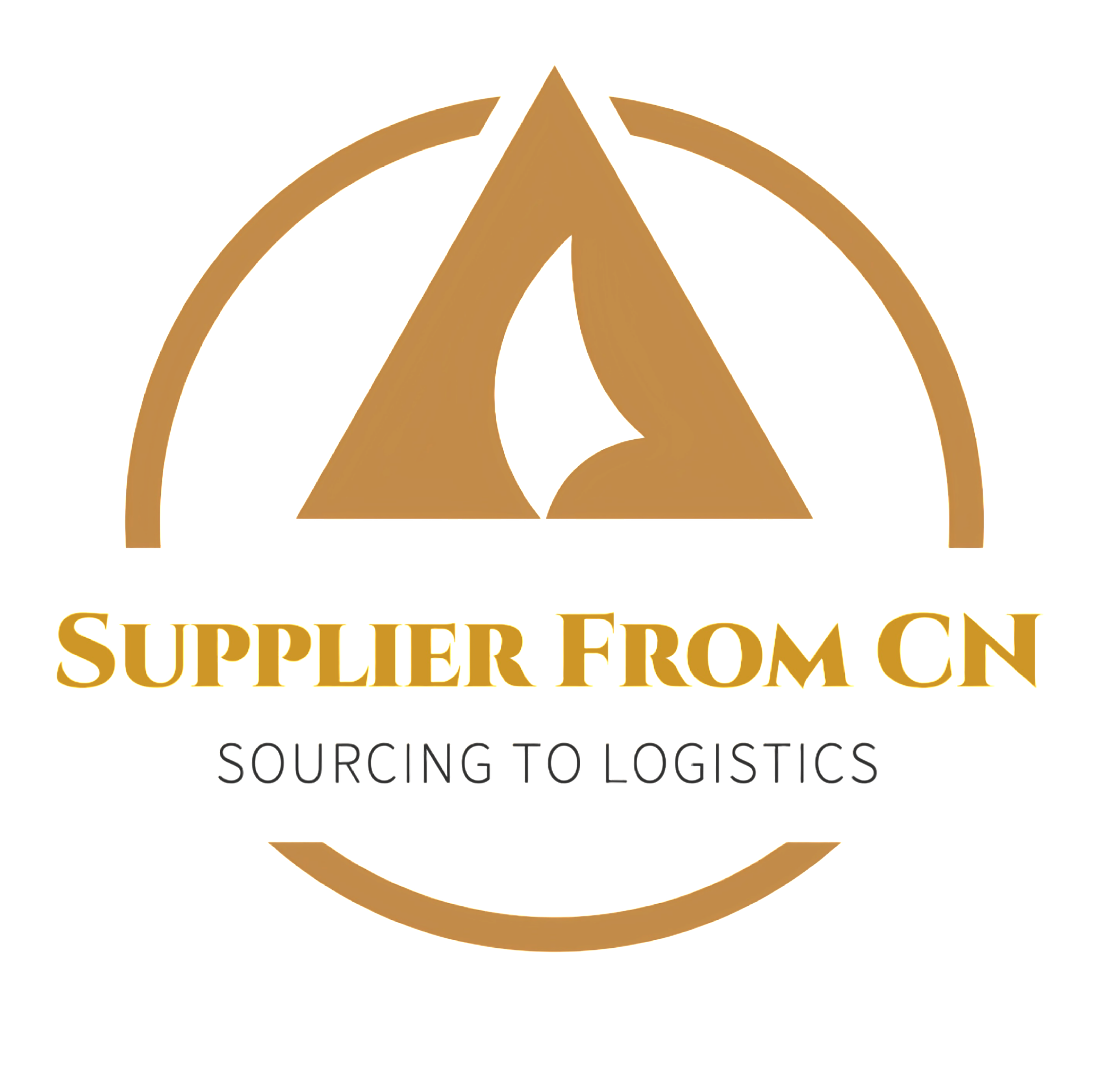H1: Decoding Chinese Supplier Quotations: Uncovering Hidden Costs and Key Terms
Receiving a quotation from a potential Chinese supplier is a critical moment in the sourcing process. The initial price per unit might look attractive, but does it tell the whole story? Many experienced importers know that the lowest quoted price can often lead to the highest total cost due to unexpected fees and misunderstood terms.
At Supplier From China (SFCN), a professional sourcing agent based in Guangzhou with over 10 years of experience, our core mission is to ensure total cost transparency for our clients. We don't just forward quotes; we analyze, decode, and negotiate on your behalf to protect your bottom line.
This guide will help you understand the common hidden costs and critical terms in a Chinese supplier's quotation, empowering you to make smarter sourcing decisions.
Part 1: Common Hidden Costs in Supplier Quotations
A supplier's initial FOB price often excludes numerous critical expenses. Here’s what to look for:
1. Tooling/Molding Fees (模具费 - Mújù Fèi): If your product requires custom molds or tooling, this can be a significant one-time cost. Some suppliers may "absorb" this cost but inflate the per-unit price. Always clarify if the tooling fee is separate and who owns the mold after production.
2. Sample Costs and Shipping: While sometimes free for simple items, samples of custom products—and especially their express shipping costs—can be charged. Ensure you know who bears these costs.
3. Packaging Costs: The unit price might assume basic, bulk packaging. If you require retail-ready, branded, or specific protective packaging, this will incur an additional charge. Always specify packaging requirements upfront.
4. Domestic Logistics in China: An FOB price includes getting the goods to the Chinese port. However, the cost of transporting goods from the factory to the port (by truck, for example) is not always included in the initial quote and can be added later.
5. Documentation and Handling Fees: Fees for preparing export documents, customs declaration, and port handling can be hidden or unexpectedly high.
Part 2: Decoding Key Terms in a Quotation
Understanding Incoterms is non-negotiable. The most common ones are:
EXW (Ex Works): You are responsible for all costs and risks from the moment the goods are picked up from the supplier's factory door. This leaves you exposed to the highest number of hidden charges within China.
FOB (Free On Board): The supplier is responsible for costs and risks until the goods are loaded onto the ship at the named port. You pay for the main ocean freight, insurance, and destination costs. This is the most common, but still requires clarity on local charges.
CIF (Cost, Insurance, and Freight): The supplier arranges and pays for the goods to reach your nearest port, including insurance. While seemingly convenient, you lose control over freight negotiations and the supplier may choose a less reliable carrier.
Part 3: The "Per-Unit" Trap: MOQ and Price Tiers
A low per-unit price often comes with a catch:
High Minimum Order Quantity (MOQ): The attractive price might only be valid for an MOQ that is too large for your business. Always inquire about pricing for different quantity tiers.
Payment Terms: Terms like 100% T/T (Telegraphic Transfer) in advance are extremely risky. Standard and safer terms are 30% deposit with 70% balance paid before shipment.
The SFCN Advantage: Your Shield Against Hidden Costs
Navigating quotations alone is like reading a contract in a foreign language without a translator. This is precisely where a sourcing agent provides immense value.
When you partner with SFCN, we conduct a thorough quotation analysis for you:
Line-by-Line Scrutiny: We break down every cost component with the supplier, demanding transparency.
Term Negotiation: We negotiate favorable Incoterms (typically FOB with clear parameters) and secure safe payment terms.
Supplier Audits: We verify that the supplier's quoted price aligns with their actual capabilities, preventing low-ball quotes used to secure orders that cannot be fulfilled.
End-to-End Cost Calculation: We provide you with a final Landed Cost analysis, including all foreseeable expenses, so you know the true cost of getting the product to your warehouse.
Conclusion: From Quotation Clarity to Sourcing Confidence
A supplier quotation is more than just a price; it's a blueprint of your business relationship. Understanding its nuances is the key to avoiding financial surprises and building a resilient supply chain.
Don't risk your profitability on an unclear quote. Let SFCN's expertise be your guide to transparent and reliable sourcing from China.
Contact Supplier From China today for a professional analysis of your supplier quotations. Ensure what you see is truly what you get.
